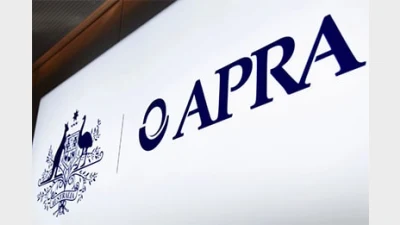Are Australians losing focus on super adequacy?


New research suggests many Australians have lost focus on their superannuation to a degree which means they are not fully aware of how much they will need to fund a comfortable retirement.
The research, contained within the RaboDirect Financial Health Barometer, appears to show a decline in awareness amongst key consumer segments about which represents an appropriate superannuation balance at retirement.
"The research shows that over the five years [to the end of 2015], expectations about how much is needed to retire has tumbled, with fewer Australians going above and beyond to grow their super nest egg," the research analysis said.
"On average, the number of people making voluntary superannuation contributions fell between 2013 and 2015, particularly among the Gen X and Baby Boomer groups. In 2014, 33 per cent of Gen X and 27 per cent of Baby Boomers had made voluntary contributions: in 2015 these figures fell to 24 per cent and 21 per cent respectively," the research said.
The research analysis said that what was worrying was that the amount Australians believed would be adequate for retirement was below industry estimates and declining.
"ASFA [Association of Superannuation Funds of Australia] estimates the lump sum needed to support a comfortable lifestyle for a couple is $640,000 (or $545,000 for a single person) assuming a partial Age Pension," it said.
"In 2012, Gen Y expected to retire on $514,798, Gen X expected to retire on $462,444 and Boomers expected to retire on $404,865; by 2015 these figures had fallen by 13 per cent, eight per cent, and 23.5 per cent respectively."
The analysis said the declining perception of how much super was needed to support a comfortable lifestyle in retirement was concerning because the cost of living in Australia was rising, with the country topping Deutsche Bank's list of the most expensive countries since 2012.
"As well, investor returns from cash and fixed interest remain subdued, considering the Reserve Bank of Australia's cash rate has remained at record lows of two per cent since May 2015 after fluctuating between four and 2.5 per cent since 2010."
Recommended for you
Jim Chalmers has defended changes to the Future Fund’s mandate, referring to himself as a “big supporter” of the sovereign wealth fund, amid fierce opposition from the Coalition, which has pledged to reverse any changes if it wins next year’s election.
In a new review of the country’s largest fund, a research house says it’s well placed to deliver attractive returns despite challenges.
Chant West analysis suggests super could be well placed to deliver a double-digit result by the end of the calendar year.
Specific valuation decisions made by the $88 billion fund at the beginning of the pandemic were “not adequate for the deteriorating market conditions”, according to the prudential regulator.












